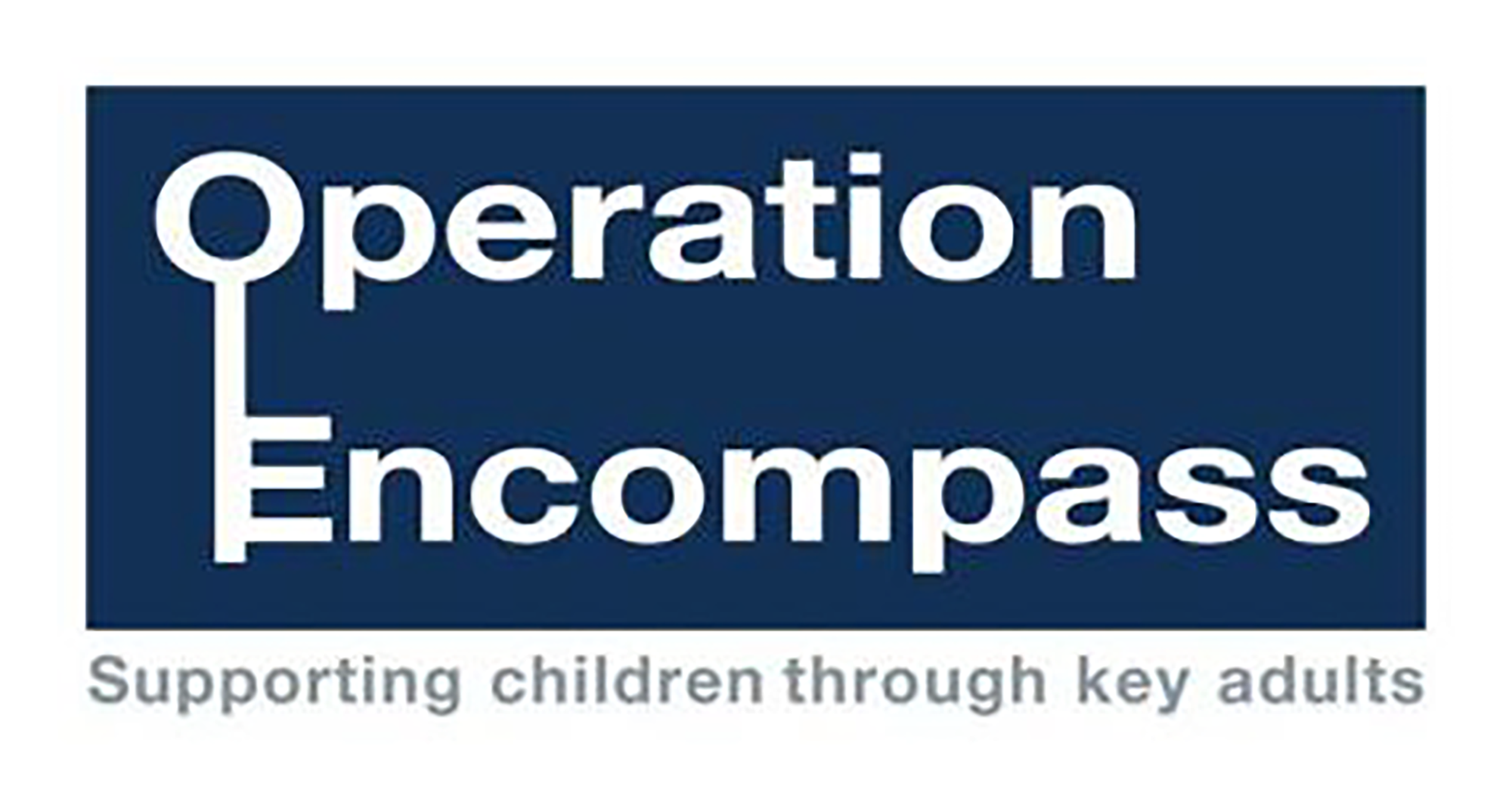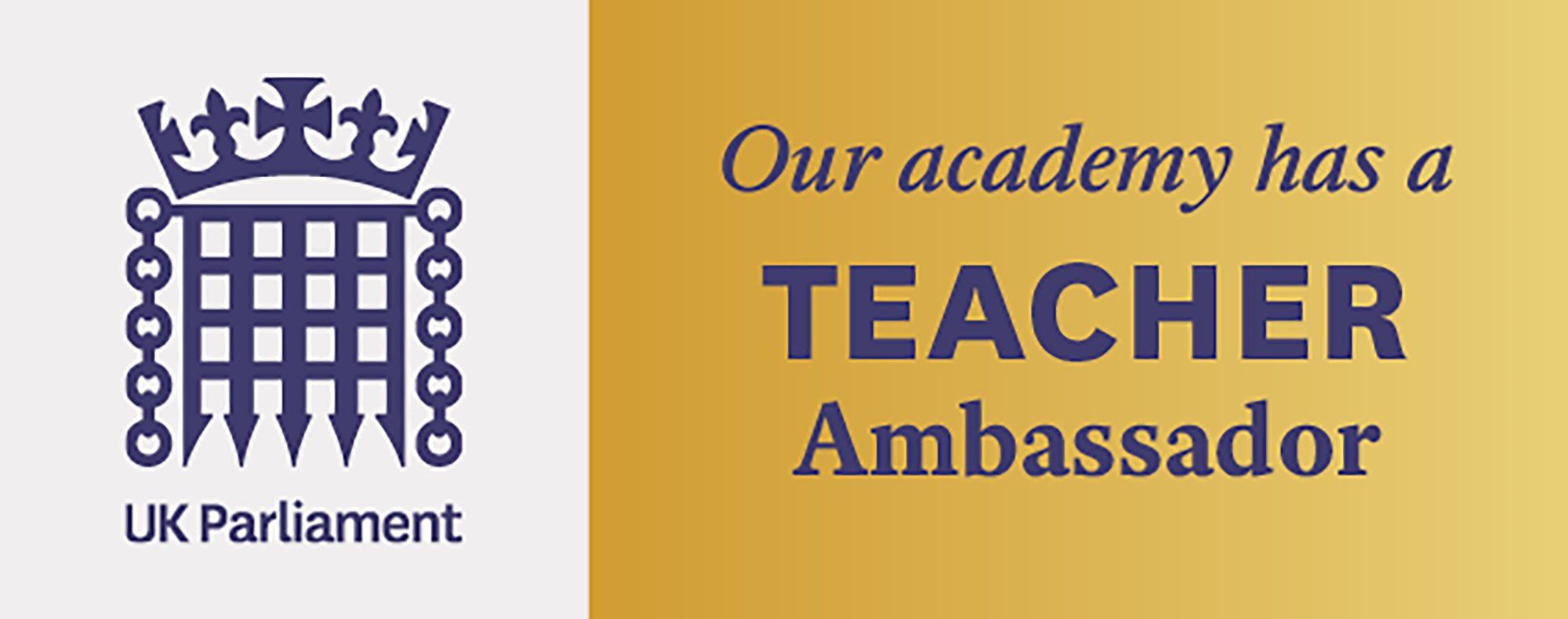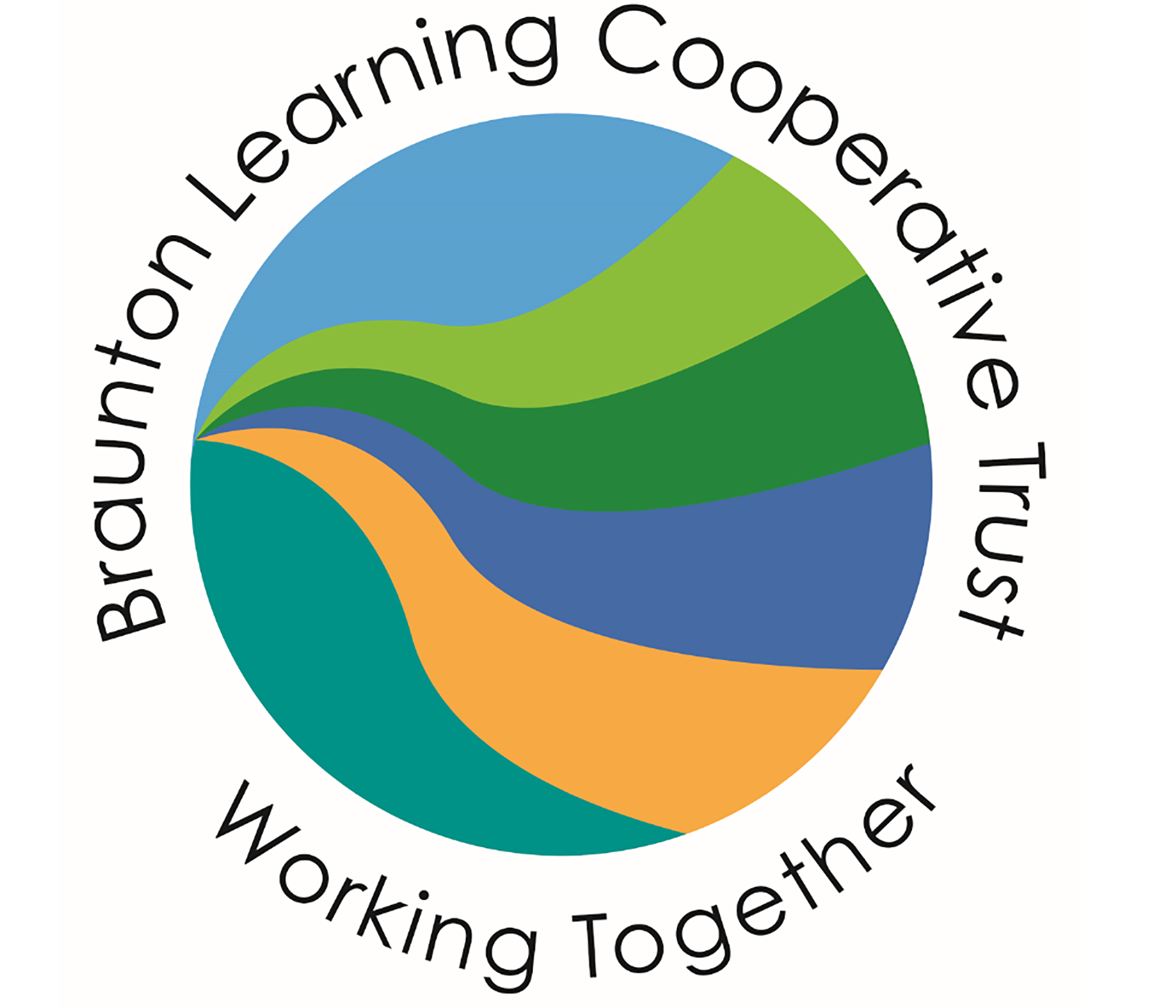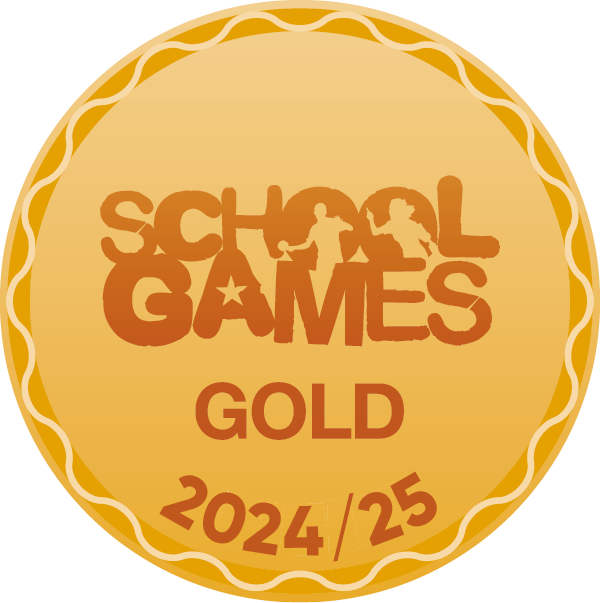History
What is the Intent of our History curriculum?
Our History curriculum provides students with a rich and varied chronological understanding of British History peppered with aspects of international history which are of particular relevance to students’ experience of our world today. Students’ cultural capital is increased by ensuring that they have a well-rounded knowledge bank, and their appreciation of culture is augmented by contextual understanding. The history curriculum is designed to reflect the diversity and complexity of British society.
Our curriculum enables students to view the past as historians; through the medium of primary and secondary sources of information, each providing insight into the events and characters being studied. Students learn to use this information to reach independent conclusions which they are then encouraged to support and defend. Through questioning and challenging traditional historical perspectives, students develop resilience and a strong sense of their own role in the historical narrative. The curriculum requires students to view themselves as historians, validating their reasoned judgements and boosting their self-esteem. This gives students the skills and confidence required to voice their own opinions and teaches them to value listening to the thoughts and ideas of others.
The curriculum is also designed to equip students with the skills necessary to confidently and successfully navigate a world where an increasing amount of information is readily available. Students will feel comfortable and capable when confronting the provenance and reliability of information. This will help them to distinguish fact from fiction and opinion from truth. Source analysis is taught within the context of historical investigation, but the skills are intentionally transferable to the modern world. This will provide students with the knowledge and ability to protect themselves from misinformation.
Fundamentally, the History curriculum nurtures the natural curiosity of our students to inspire a lifelong love of learning about the past. It contextualises historical events and makes them relevant to students' real-world experiences. It also equips and enables students to confidently present their own reasoned opinions and to enter into constructive and robust academic debate.
How do we deliver our History curriculum?
-
At KS3 we offer a broad and balanced History curriculum over three years focusing on key concepts, knowledge, skills and understanding in a mastery curriculum.
-
At KS4, we offer GCSE History through WJEC Eduqas, which covers both in depth studies, European and international history, and broader studies which cover a theme over time.
-
Schemes of work provide a framework for planned progression and increasing levels of challenge which revolve around a spiral curriculum of assessments designed to prepare students for GCSE.
-
Regular formative and summative assessment provide key opportunities for feedback to inform students of their next steps in learning. There are at least four assessments per year at KS3 and twelve opportunities for assessment at KS4 over the two-year GCSE course.
-
Daily opportunities are built into the curriculum for students to develop independent analysis skills, resilience and perseverance through handling artefacts, working on longer history projects, homework and assessments.
-
We place emphasis on the literacy and mathematical demands of History as required. Students engage in reading historical accounts, sources and interpretations to enhance their fluency and comprehension skills. Students are given the opportunity to develop their problem-solving skills. The library stocks books which complement and enhance the work undertaken by students so they can explore topics further in which they take a special interest.
-
We focus on the development of a wide range of personal, learning, thinking and character skills in History through opportunities for students to develop the six components of PLTS. We want students to develop a love of learning as well as build their enquiry skills; learning to evaluate evidence so they can reach their own supported judgments and opinions about key historical events.
-
History is delivered using the 21st Century Trivium model (grammar, dialectic, rhetoric) so that students can think about and apply their learning in a range of challenging contexts. The History Department employs metacognitive and cognitive strategies to meet the learning demands of the curriculum.
-
The History Department delivers revision classes at KS4 and a Year 8 trip to London to enhance learning opportunities for students.
What is the impact of our curriculum?
-
Students will acquire the knowledge, skills and understanding in History to ensure that they enjoy and make good progress in their learning.
-
Students will acquire historical knowledge and develop the ability to use this knowledge to describe chronology, explain change, continuation and significance.
-
Students will also learn transferable skills as they analyse source material and consider the accuracy, objectivity, comprehensiveness and purpose of the material produced at the time about important historical events. Students also develop their understanding of differing interpretations of events and learn that people may have different views of the same event, based on their own beliefs, experience and backgrounds.
-
Data tracking in each academic year is used to identify progress of individual leaners and key groups.
-
There is detailed analysis of KS3 and GCSE courses. The History Department uses data from knowledge tests, in class extended written tasks and assessments at KS3, and PPEs at KS4 to monitor progress for GCSE preparation.
-
There are annual departmental reviews, including work scrutiny, to establish strengths and weaknesses and RAG-rated departmental development plans.
-
There is regular reflection on the appropriateness of the curriculum, changes are updated on the website as they happen.
-
‘Engagement in learning’ outcomes in History are regularly monitored.
What will students learn in Year 7?
Topics
-
Why did the Normans win the Battle of Hastings? How did William establish control?
-
What mattered to medieval people?
-
Why was Europe wrong to view pre-Columbian civilisations as uncivilised?
-
Who are the British? Why did people migrate to Britain?
-
Why was there a reformation in medieval Europe?
Year 7 History focuses on the dawn of a new era of England as the Normans transformed how the country was organised and governed. Students learn the extent to which England has been influenced by other cultures, countries and empires, as well as national and global health crises which have shaken the balance of power. Students will also develop a more global world view through the exploration of pre-Columbian civilisations and challenge the Eurocentric view that is so common in KS3 curricula.
Students learn historical content this year to allow them to understand change and context, as well as begin to consider the impact of historical events on future events. They also begin to analyse sources, including questioning the provenance of information to determine its accuracy, reliability and usefulness to historians.
What will students learn in Year 8?
Topics
-
Why did a civil war break out in 1642?
-
Why was life so tough in the Industrial Revolution?
-
British Empire: Why do people disagree so much about the British Empire?
-
Why did people trade enslaved people? How did this practice end?
-
World War One
Year 8 History continues to consider power and control in England, again during a period of intense upheaval and change, with religious unrest, civil war and industrial changes affecting life for people across the nation. This year looks at the increasing confidence of the people in challenging the way that England, and later the United Kingdom, was governed and controlled, and the efforts of the people to eventually bring those in power to account for their actions.
This year will also consider the British Empire and its impact on colonies, with a particular case study on India. Students will discover the impact of British trade and industry on people; both on the British working classes, and on people enslaved during the transatlantic slave trade.
The year will conclude with an investigation into World War One, including causes, propaganda, conflicts and interpretations of those in power during the Great War.
Students learn to further develop their writing skills, creating extended written pieces that are organised and well formulated, with clear and well supported judgements. Students begin to hone their source analysis skills, extracting information from contemporary source material and evaluate its provenance. Students begin to compare sources to reach balanced and considered conclusions about historical events.
What will students learn in Year 9?
Topics
-
Suffragettes and suffragists.
-
What was the impact of dictators in Europe?
-
World War Two
-
The fight for Civil Rights from 1900-present. Case Studies – African Americans, People of colour in the UK, LGBTQ+
-
Cold War – what happened when the Allies fell out?
Year 9 History then focuses on major historical change during the twentieth century.
Students study the importance of the vote, civil rights, both at home and abroad, and the need for people to have the right to challenge and change old ideas.
There will also be an investigation into dictators and the nature of dictatorships with a wider look at systems of government, and methods of control.
World War Two centres on local experiences, as North Devon has important links to the some of the most important events in British and global History during this time. We will also build upon the work done on dictators and look at the holocaust and its impact on the Jewish population in Europe, and the impact that the atomic bomb had on international relations.
Students also study the African American Civil Rights Movement in the USA and are then able to make comparisons with the struggles for rights in the UK, both for people of colour and from the LGBTQ+ community.
Students learn to make further use of sources and interpretations this year, as they study the experience of many different groups of people during this time. They will be able to form their own opinions and communicate these clearly and persuasively, as well as understand the opinions of others, and be able to advocate and/or challenge these views, as well as their own. Students should complete Year 9 with a good understanding of democracy and the importance of equality, as well as the dangers for under-represented groups, when power falls in the wrong hands.
GCSE Course
The GCSE History course we follow is WJEC Eduqas History 9-1.
The course comprises four units to be studied over two years.
Year 10
Changes in crime and punishment c500-2000
-
Causes of Crime: What have been the main causes of crime over time?
-
Nature of crimes: How has the nature of criminal activity differed and changed over time?
-
Enforcing Law and Order: How has the responsibility of enforcing law and order changed over time?
-
Methods of combatting Crime: How effective have methods of combatting crime been over time?
-
Methods of punishment: How have methods of punishment changed over time?
-
Attitudes to Crime and Punishment: Why have attitudes to crime and punishment changed over time?
-
Study of the historic environment: East End of London in the late nineteenth century.
The Elizabethan Age 1558-1603
-
Elizabethan Government: How successful was the government of Elizabeth I?
-
Lifestyles of the rich and poor: How did life differ for the growing number of the rich and the growing number of the poor under the population growth of the Elizabethan era?
-
Popular entertainment: The development of English language and culture.
-
The problem of religion: How successfully did Elizabeth deal with the problem of religion?
-
The Catholic threat: Why were the Catholics such a serious threat to Elizabeth?
-
The Spanish Armada: How much of a threat was the Spanish Armada?
-
The Puritan threat: the growth of radical thought and opposition to the traditional power of the Church and State.
Year 11
Germany in Transition 1919-1939
-
The impact of the First World War.
-
The Nazi rise to power and the end of the Weimar Republic.
-
Consolidation of power.
-
Nazi economic, social and racial policy.
-
Terror and persuasion.
-
Hitler’s foreign policy.
The development of the USA 1929-2000
-
Economic Downturn and Recovery.
-
Economic impact of the Second World War and post-war developments.
-
Civil Rights Movement.
-
Political Change 1960-2000.
-
Social Change.
-
The Cold War.
-
The search for world peace since 1970.
Homework and Independent Learning
In Year 7 and 8, homework is set once a fortnight and some independent revision is expected for end of unit knowledge tests and assessments.
By Year 9, students are expected to carry out independent research projects and write essays at home, as well as independent revision for end of unit knowledge test and assessments. Homework is given once a fortnight, although this is sometimes supplemented by extra short homework tasks.
At GCSE, students are given regular extended writing tasks, knowledge tests and knowledge checkers on each unit and are also expected to undertake independent revision for end-of-unit and summer exams.
Extra-curricular and Enrichment Opportunities
The History Department delivers revision classes at Key Stage 4.
Useful links
GCSE Bitesize clips: Elizabeth I
Development of the USA, 1929-2000 Knowledge Organisers
Germany in Transition, 1919 - 1939 - GCSE History - BBC Bitesize


 encompass
encompass plastic free schools
plastic free schools Teacher ambassador
Teacher ambassador Learning cooperative trust
Learning cooperative trust Ofsted logo
Ofsted logo Youth Sport
Youth Sport School Games Gold Award
School Games Gold Award